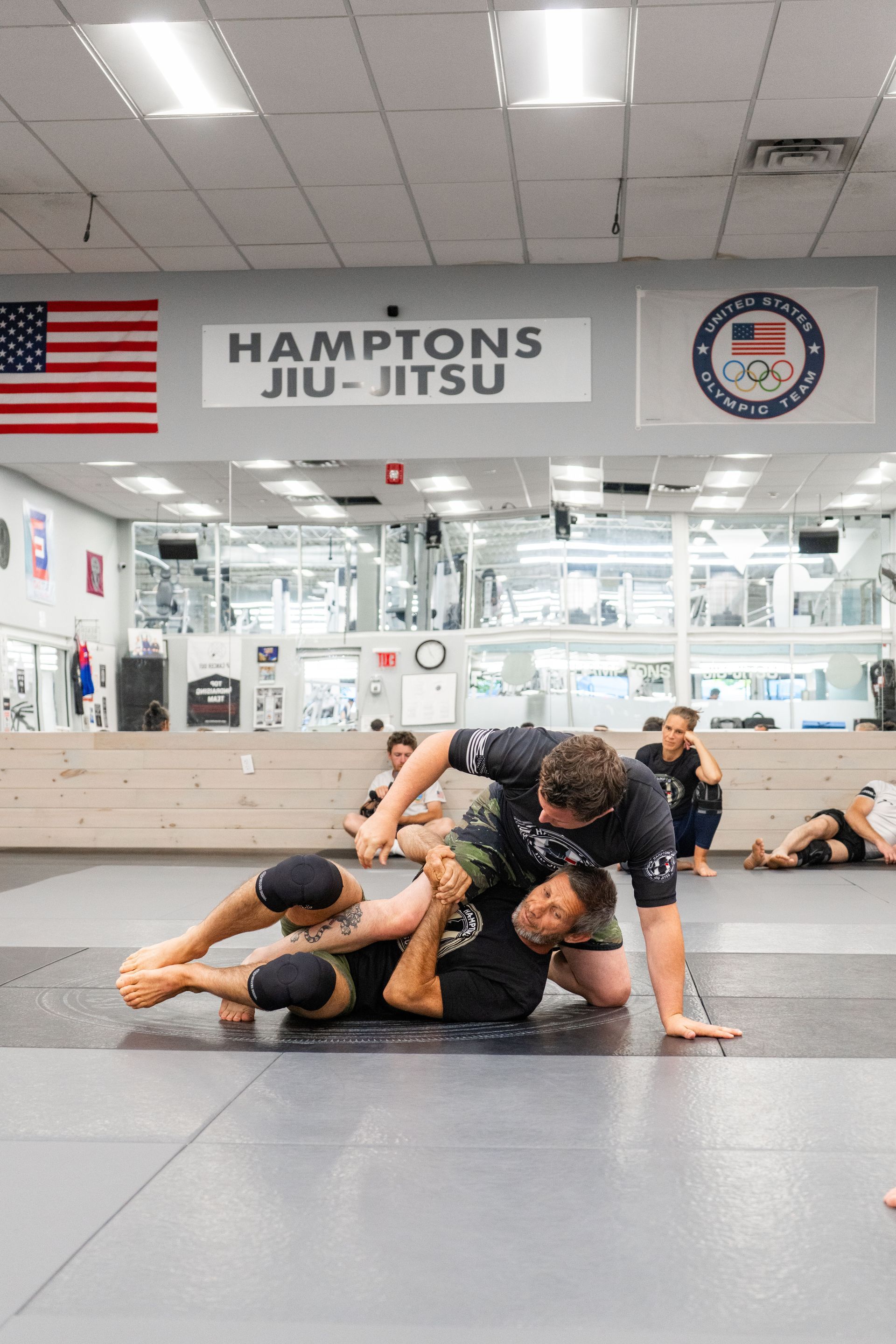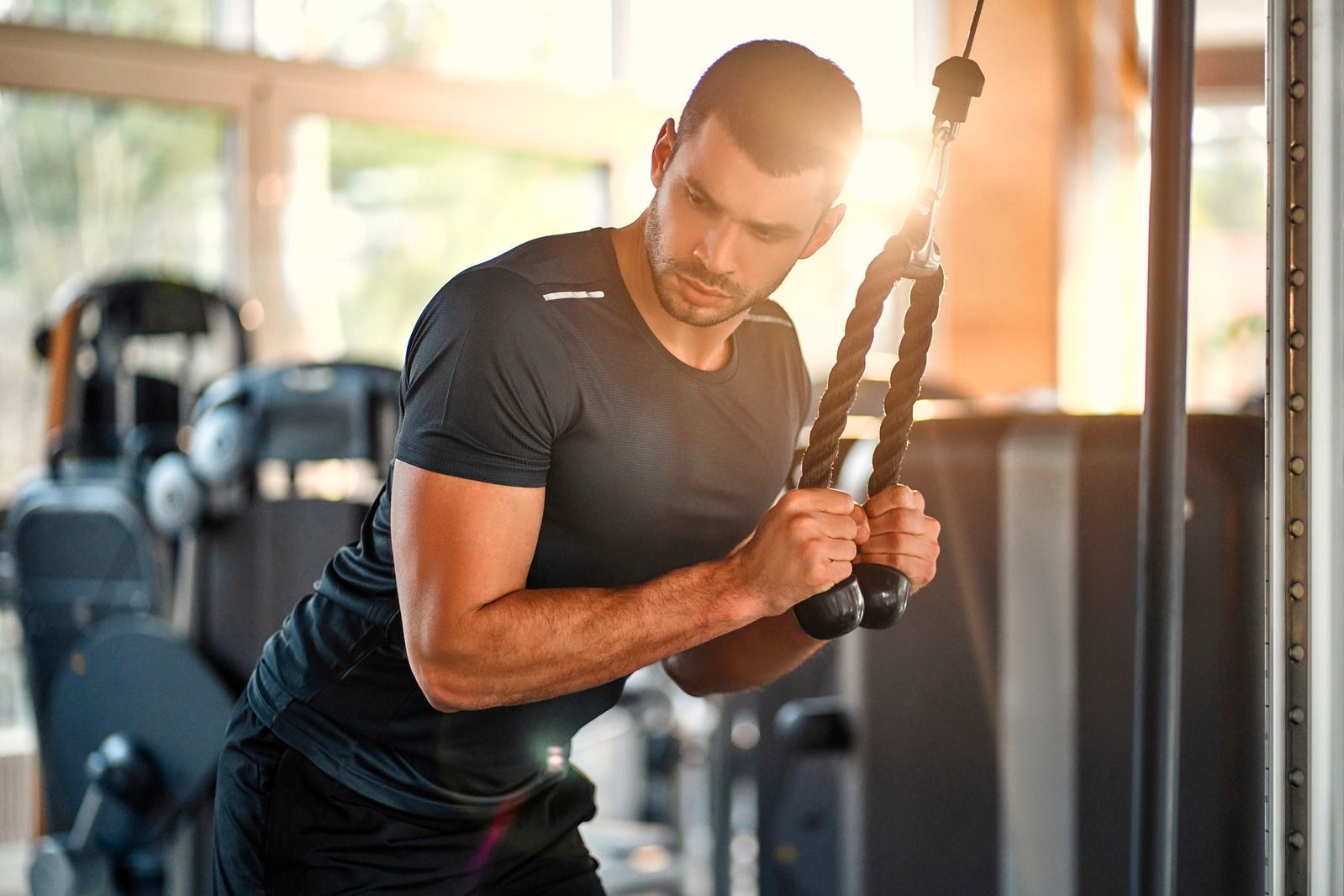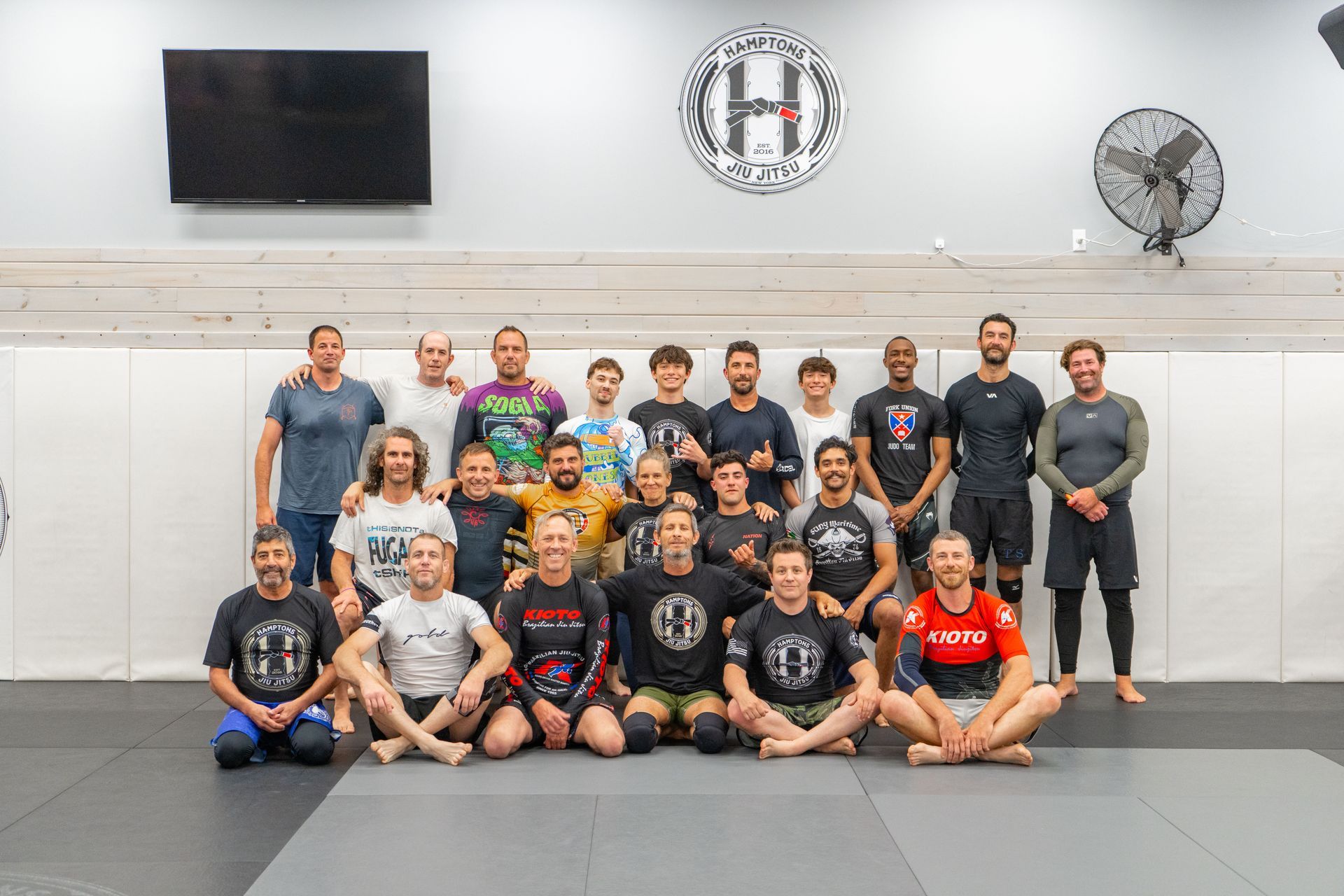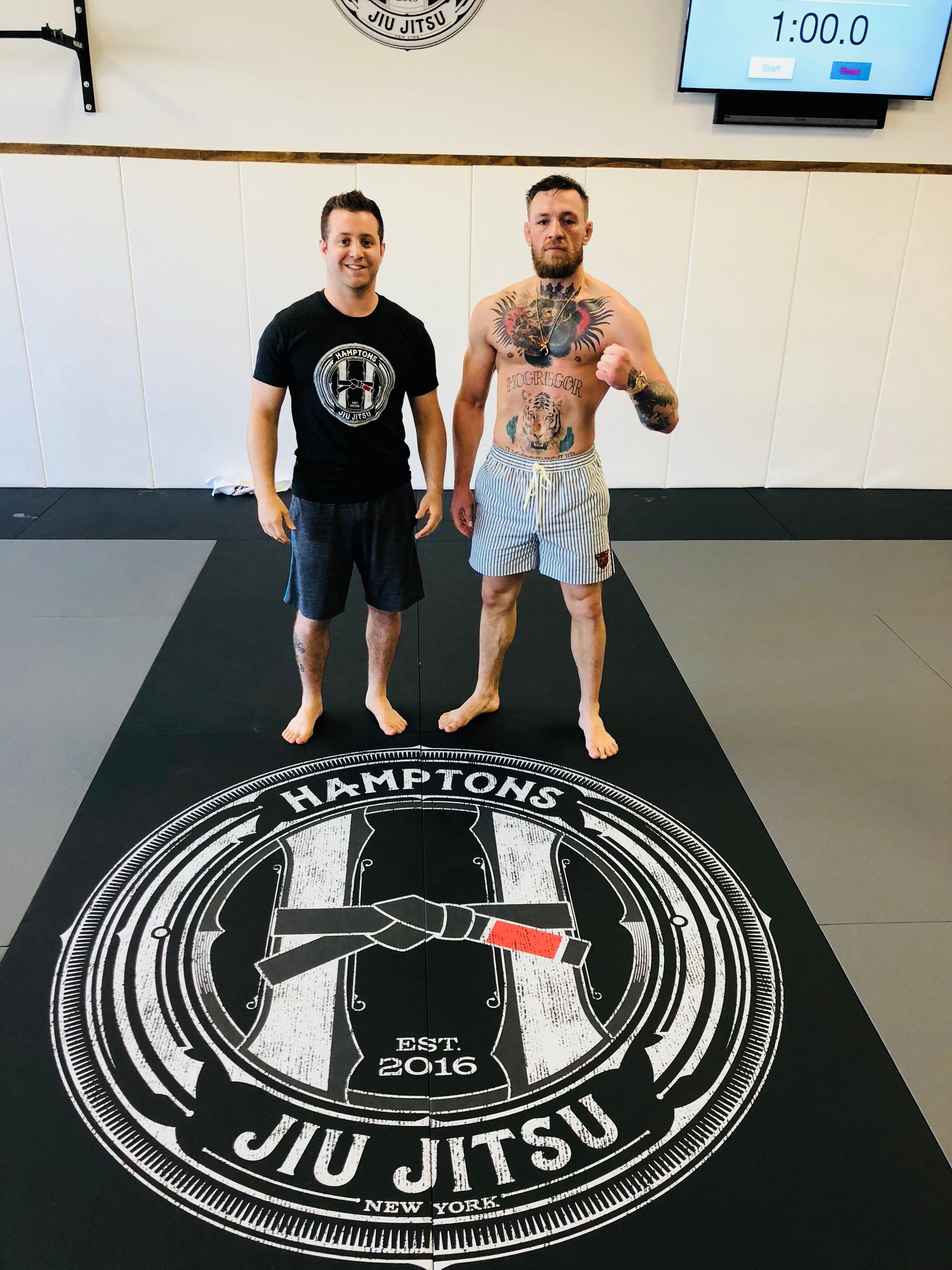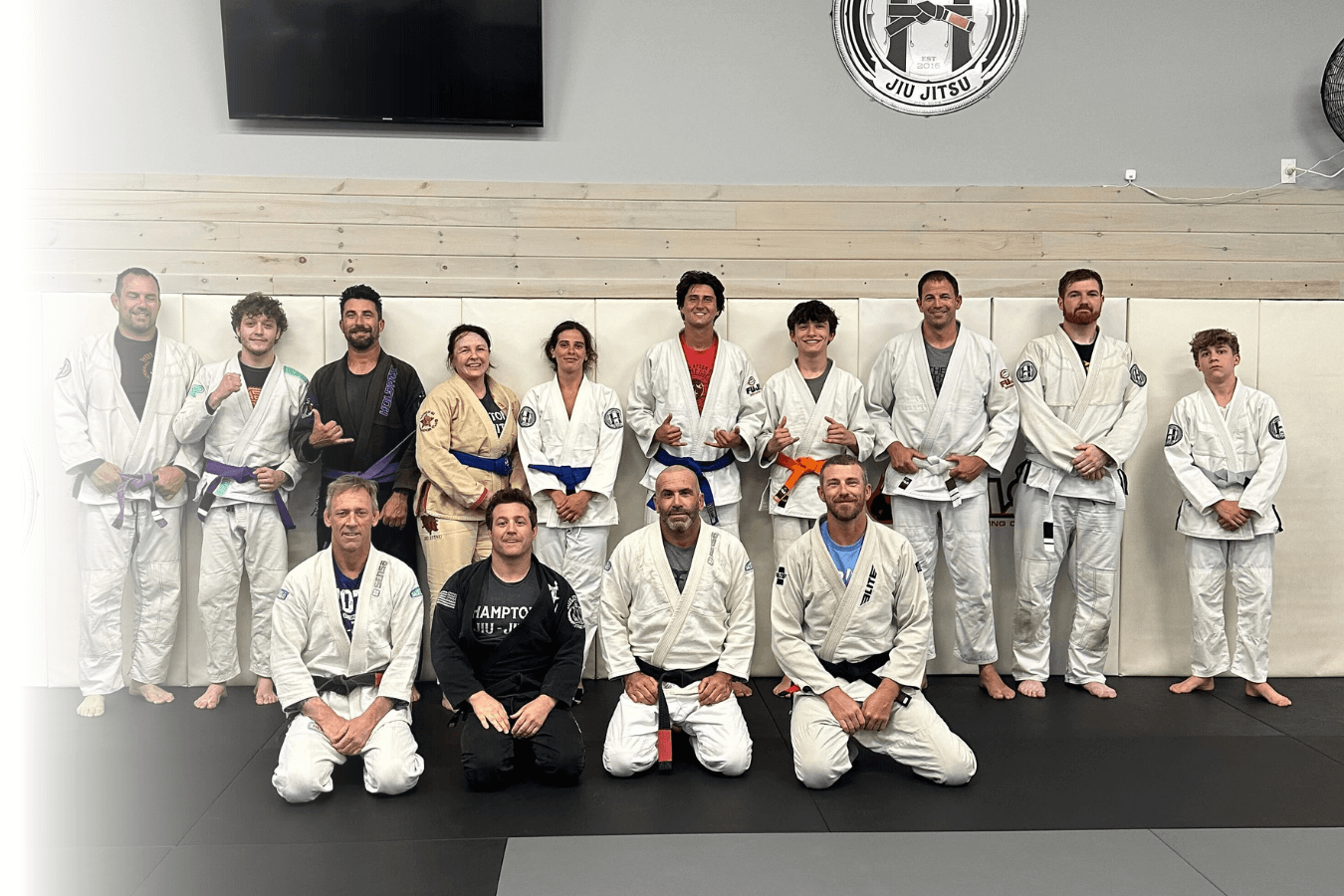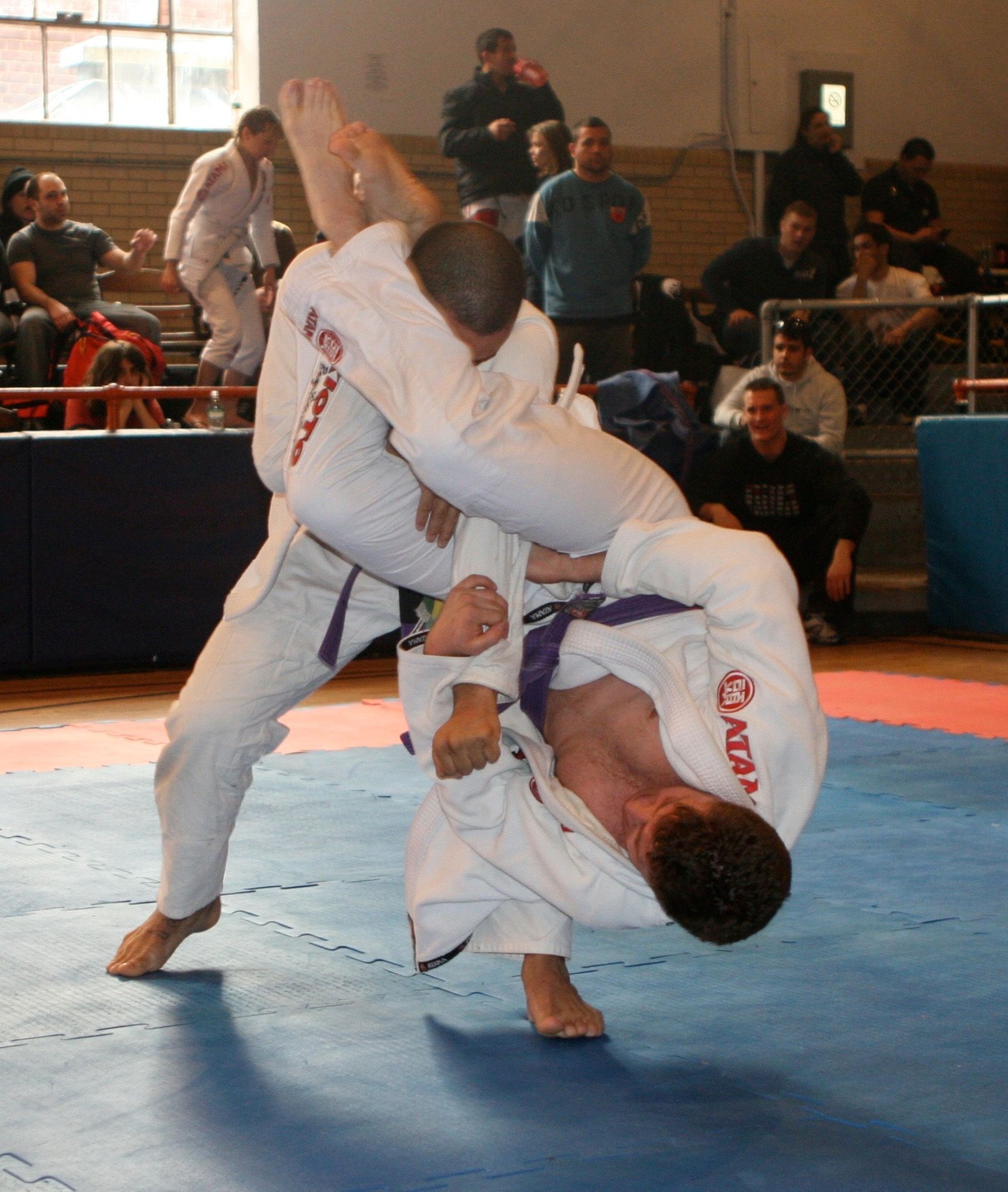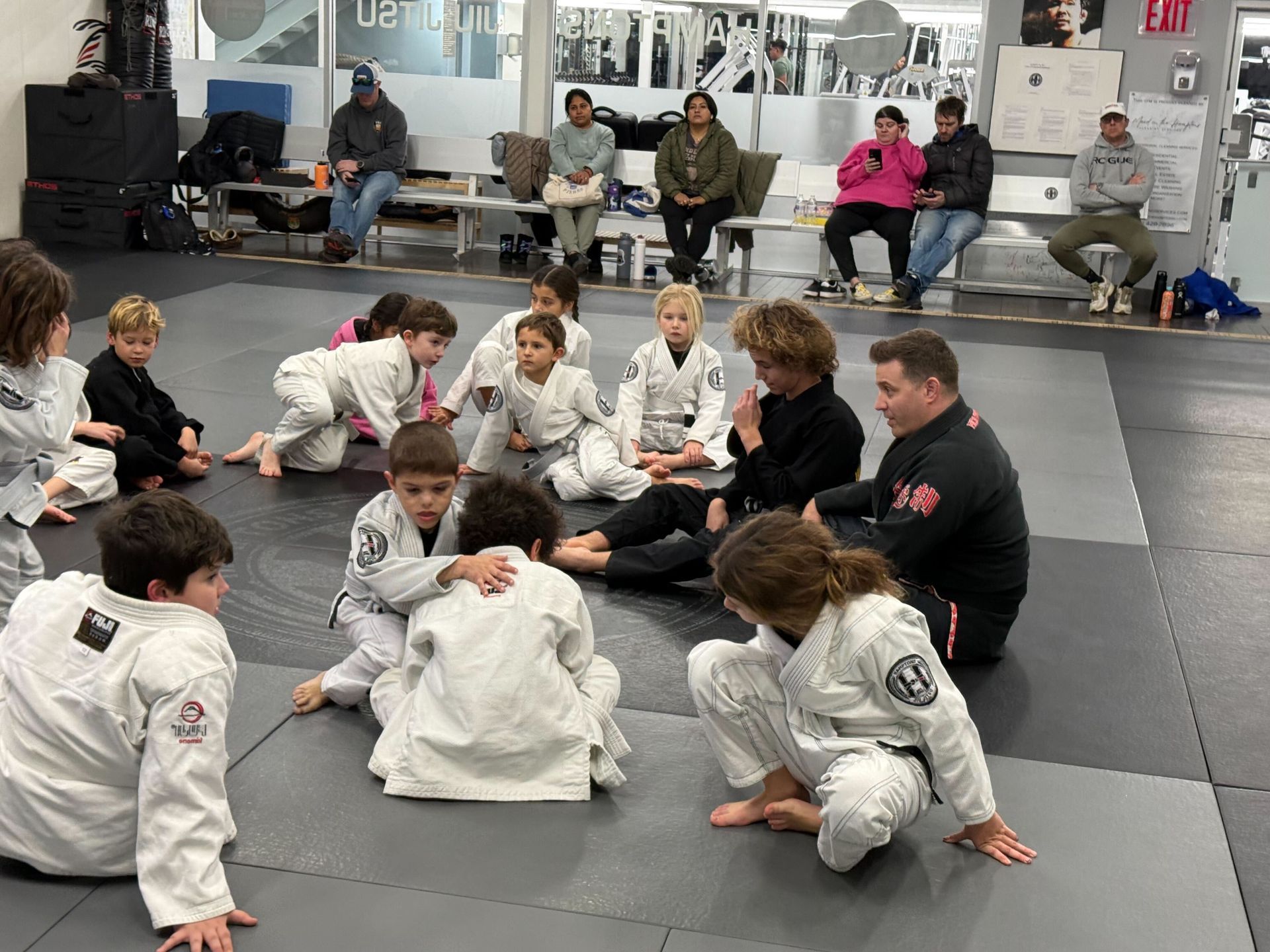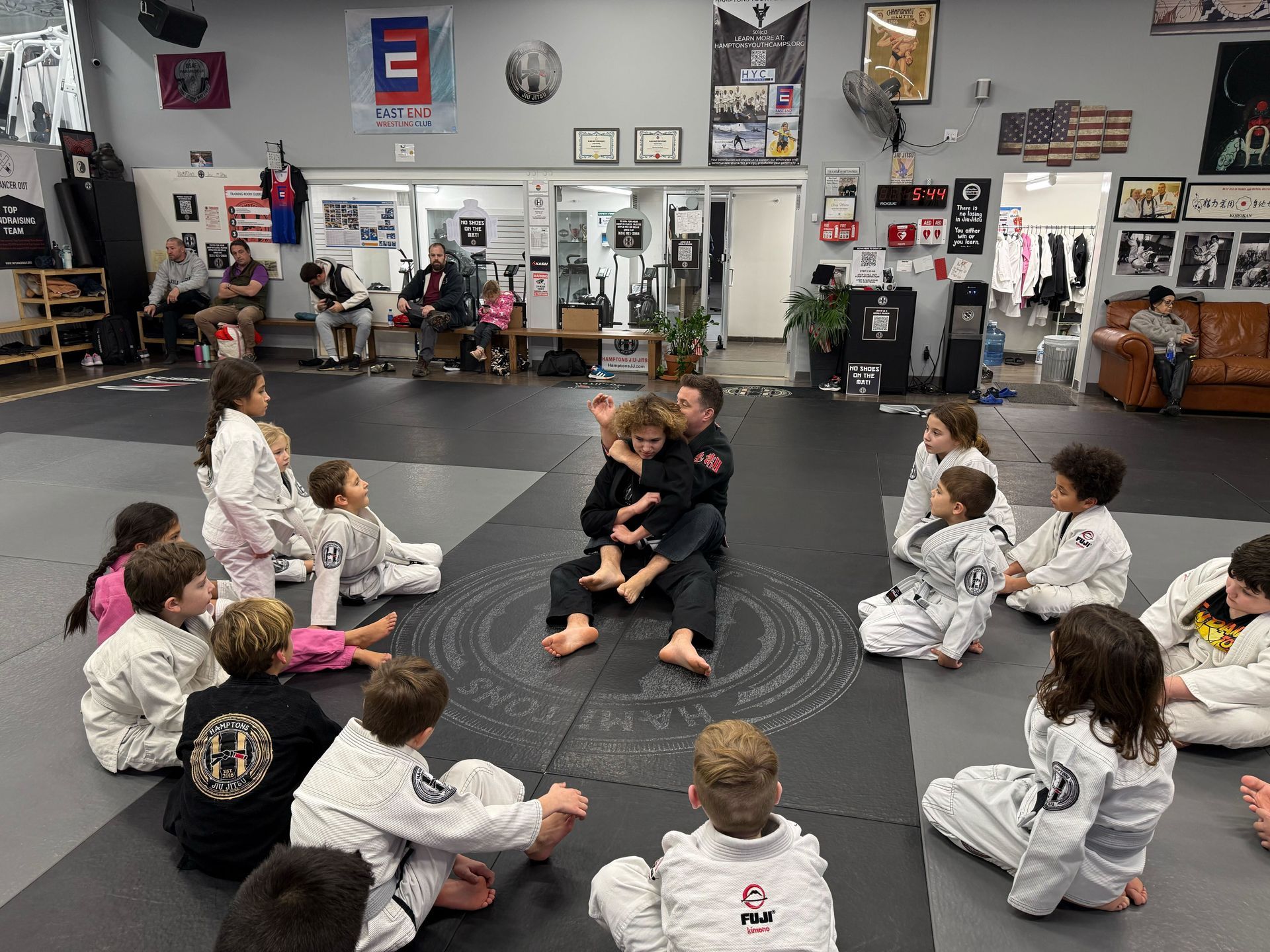Why Martial Arts is Great for Women’s Self-Defense
Women’s safety is an essential topic in today’s world, and the ability to defend oneself is a critical skill that can empower women both mentally and physically.
Martial arts, often perceived as a male-dominated field, offers women an effective and practical approach to self-defense that goes beyond just physical combat. This article explores the myriad benefits of martial arts for women’s self-defense and how it can be a transformative tool for personal empowerment.
Importance of Self-Defense for Women
Self-defense is not just about learning to fight; it’s about gaining the confidence and skills necessary to protect oneself in various situations. For women, understanding self-defense can provide a sense of security and autonomy, especially in scenarios where they may feel vulnerable. Martial arts teaches women how to react quickly, assess situations, and use their skills to neutralize threats effectively.
Overview of Martial Arts Disciplines
There are numerous martial arts disciplines, each with its unique techniques and philosophies. Popular forms include Brazilian Jiu-Jitsu, known for its grappling techniques; Krav Maga, a combat system developed for the Israeli military; Muay Thai, a striking art from Thailand; Taekwondo, known for its high, fast kicks; and Boxing, focusing on powerful punches and footwork. Each of these martial arts offers valuable self-defense techniques suitable for women.
Why Martial Arts is Ideal for Self-Defense
Martial arts are designed to equip practitioners with skills that are practical and applicable in real-life situations. Unlike traditional fitness routines, martial arts emphasize technique, strategy, and mental resilience, which are crucial for effective self-defense. For women, martial arts can be especially empowering because they focus on leverage, speed, and precision, allowing them to defend against larger and stronger opponents.
Physical Benefits of Martial Arts Training
Building Strength and Endurance
Martial arts training involves rigorous physical exercise that builds overall body strength and endurance. Techniques such as punching, kicking, and grappling work various muscle groups, enhancing core strength and cardiovascular fitness. This physical conditioning not only improves health but also equips women with the power needed to execute self-defense moves effectively.
Improving Reflexes and Coordination
One of the key aspects of martial arts is the development of quick reflexes and enhanced coordination. Training drills often involve reacting to an opponent’s moves, which sharpens reflexes and improves hand-eye coordination. For women, this means being able to respond swiftly and effectively in threatening situations, which can be crucial for self-defense.
Enhancing Flexibility and Agility
Flexibility and agility are critical components of martial arts. Techniques such as high kicks and evasive movements require a range of motion that improves over time with practice. Enhanced flexibility allows women to move more freely and with greater control, which can be a decisive advantage in self-defense scenarios.
Psychological Benefits of Martial Arts for Women
Boosting Confidence and Self-Esteem
One of the most profound benefits of martial arts is the boost in confidence and self-esteem it provides. As women progress in their training, they achieve new skills and milestones, which instills a sense of accomplishment and self-belief. This increased confidence extends beyond the dojo or gym, impacting everyday life and interactions.
Reducing Anxiety and Fear
Martial arts training can be a powerful tool in managing anxiety and fear. The disciplined nature of martial arts encourages mindfulness and focus, helping practitioners stay calm under pressure. By learning to control their breathing, maintain composure, and assess situations clearly, women can reduce the fear that often accompanies potential threats.
Developing Mental Resilience
Martial arts are not just about physical prowess; they are also about mental toughness. Training regularly teaches women to push through discomfort, manage stress, and remain disciplined. This mental resilience is a valuable skill in self-defense, where staying calm and composed can make a significant difference in the outcome of an encounter.
Key Martial Arts Disciplines for Women’s Self-Defense
Brazilian Jiu-Jitsu
Brazilian Jiu-Jitsu (BJJ) focuses on ground fighting and submission holds, making it an excellent choice for women’s self-defense. BJJ techniques teach women how to control opponents through leverage and body mechanics, rather than relying on brute strength. This is particularly useful for defending against larger attackers.
Krav Maga
Krav Maga is a martial art developed for real-world combat situations, emphasizing practical and effective techniques. It incorporates elements from various martial arts, including boxing, wrestling, and jiu-jitsu, and focuses on neutralizing threats quickly. For women, Krav Maga’s straightforward approach to self-defense makes it one of the most accessible and effective options.
Muay Thai
Muay Thai, known as the "Art of Eight Limbs," uses punches, kicks, elbows, and knee strikes. It is highly effective in close combat situations and teaches women how to use all parts of their body as weapons. Muay Thai also enhances cardiovascular fitness and strength, making it a comprehensive self-defense training system.
Taekwondo
Taekwondo is characterized by its dynamic kicking techniques and fast-paced movements. It is particularly beneficial for improving agility and balance, as well as learning how to generate power in strikes. For women, Taekwondo offers effective techniques to keep attackers at a distance and deliver powerful defensive moves.
Boxing
Boxing focuses on striking with fists and incorporates footwork, head movement, and defensive strategies. It is excellent for developing speed, coordination, and timing. Boxing training helps women learn how to throw powerful punches and effectively defend against strikes, making it a valuable component of self-defense.
Real-World Application of Martial Arts Techniques
Situational Awareness and Prevention
A critical aspect of self-defense is awareness of one’s surroundings. Martial arts training emphasizes situational awareness, helping women recognize potential threats early and avoid dangerous situations. This proactive approach to safety is often the first line of defense.
Learning to Defend Against Larger Opponents
Martial arts teach techniques that are effective against opponents of all sizes. By using leverage, pressure points, and strategic positioning, women can defend themselves against larger and stronger attackers. This knowledge is empowering, as it reinforces that size and strength are not the only factors in self-defense.
De-escalation Techniques and Self-Control
An important part of martial arts training is learning how to de-escalate situations. Women are taught to use their skills not just to fight, but also to prevent conflicts from escalating. This includes using verbal techniques, maintaining a calm demeanor, and knowing when to walk away. The self-control developed through martial arts is invaluable in managing confrontations without resorting to physical action.
Overcoming Common Myths About Women in Martial Arts
Myth: Martial Arts is Too Aggressive for Women
A common misconception is that martial arts are too aggressive for women. In reality, martial arts focus on self-control, discipline, and respect. They provide a constructive outlet for energy and aggression, channeling it into positive, empowering actions rather than promoting unnecessary violence.
Myth: Martial Arts Requires Extreme Physical Fitness
Another myth is that one needs to be in top physical condition to start martial arts. While fitness improves with training, martial arts are accessible to individuals of all fitness levels. Beginners start at their own pace, and the gradual increase in physical demands helps build fitness over time.
Myth: Martial Arts is Only for Younger Women
Martial arts are not limited by age. Many disciplines offer modifications and training styles suitable for older women or those with physical limitations. The focus on technique, rather than brute force, makes martial arts adaptable and accessible for women of all ages.
How to Start Martial Arts Training for Self-Defense
Choosing the Right Martial Art for Your Needs
Selecting the right martial art depends on personal goals, interests, and physical capabilities. Women interested in grappling might prefer Brazilian Jiu-Jitsu, while those looking for striking techniques might lean towards Muay Thai or Boxing. It’s important to research and even try different classes to see what resonates most.
Finding a Suitable School or Instructor
The quality of instruction is crucial in martial arts. Women should look for schools with certified instructors who have experience teaching self-defense. It’s also beneficial to find a school with a supportive and inclusive environment where women feel comfortable learning and progressing.
What to Expect in Your First Class
The first martial arts class can be intimidating, but most schools offer beginner-friendly sessions. Expect a warm-up, technique instruction, partner drills, and sometimes light sparring or practice scenarios. It’s perfectly normal to feel out of your comfort zone initially, but with time, training becomes more familiar and enjoyable.
Martial Arts as a Community and Support System for Women
Building a Supportive Network
One of the often-overlooked benefits of martial arts is the community aspect. Training alongside others creates bonds and a supportive network that can be incredibly motivating. Women often find a sense of camaraderie and shared purpose, which adds to the overall experience.
Sharing Experiences and Learning from Others
In martial arts, learning goes beyond techniques; it’s about sharing experiences and growing together. Women can learn from each other’s challenges and successes, gaining insights that enhance their own journey. This shared learning environment fosters a positive and empowering atmosphere.
The Empowering Effect of Martial Arts Communities
Martial arts communities are built on respect, support, and empowerment. For women, being part of such a community can be incredibly empowering. It provides a safe space to learn, make mistakes, and grow without judgment, reinforcing the idea that martial arts are for everyone.
Success Stories: Women Empowered by Martial Arts
Testimonials from Female Martial Artists
Hearing from other women who have benefited from martial arts can be incredibly inspiring. Many women report increased
confidence, improved physical fitness, and a greater sense of security as a result of their training. Testimonials often highlight how martial arts have positively impacted various aspects of their lives, from personal safety to overall well-being.
How Martial Arts Transformed Lives
Stories of transformation through martial arts are common, with women finding new strength and resilience through their training. Whether it’s overcoming personal fears, achieving fitness goals, or simply feeling more empowered in everyday life, martial arts offer a path to personal growth that extends far beyond self-defense.
Frequently Asked Questions About Women and Martial Arts
Is Martial Arts Safe for Women?
Yes, martial arts are generally safe for women, especially when practiced under the guidance of a qualified instructor. Safety gear, proper training techniques, and a focus on controlled practice help minimize risks.
How Long Does It Take to Learn Self-Defense?
The time required to learn self-defense varies depending on the individual and the martial art chosen. However, basic self-
defense skills can often be learned in a few months, with continuous improvement over time.
Can Older Women Learn Martial Arts?
Absolutely. Martial arts are adaptable, and many schools offer classes tailored to different age groups and fitness levels. Older women can benefit from the increased physical activity, flexibility, and mental resilience that martial arts provide.
What Equipment is Needed for Beginners?
Most martial arts require minimal equipment to start. Typically, beginners need comfortable workout attire and may eventually invest in gear specific to their martial art, such as gloves for boxing or a gi for Brazilian Jiu-Jitsu.
Are There Self-Defense Classes Specifically for Women?
Yes, many martial arts schools offer self-defense classes specifically designed for women. These classes focus on practical techniques that are easy to learn and effective in real-world situations.
What is the Best Martial Art for Self-Defense?
There is no one-size-fits-all answer, as the best martial art depends on personal preferences and needs. However, disciplines like Krav Maga, Brazilian Jiu-Jitsu, and Muay Thai are highly recommended for their practical self-defense techniques.
Final Thoughts
Martial arts offer women a powerful means of self-defense, personal empowerment, and community. The physical and psychological benefits, combined with practical self-defense skills, make martial arts an invaluable pursuit for women of all ages. Whether you are seeking to improve your fitness, boost your confidence, or learn how to protect yourself, martial arts provide a transformative journey that goes beyond self-defense—it’s a path to personal empowerment.
Summary of Benefits
Martial arts not only equip women with self-defense skills but also foster physical fitness, mental resilience, and a strong sense of community. The journey of learning martial arts is one of personal growth, empowerment, and continuous self-improvement.
Encouragement to Start the Journey
If you’re considering martial arts for self-defense, take the first step by exploring local classes and finding a discipline that resonates with you. The benefits extend far beyond the physical, offering a holistic approach to self-defense and personal empowerment.
ACCESS OUR SCHEDULE
& EXCLUSIVE WEB SPECIAL
Secure your spot and get started today with our EXCLUSIVE offer!


